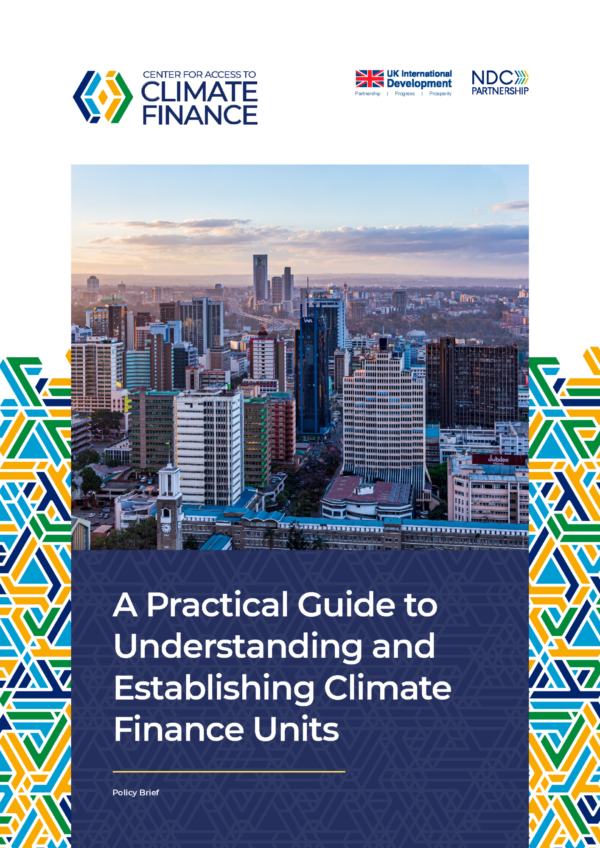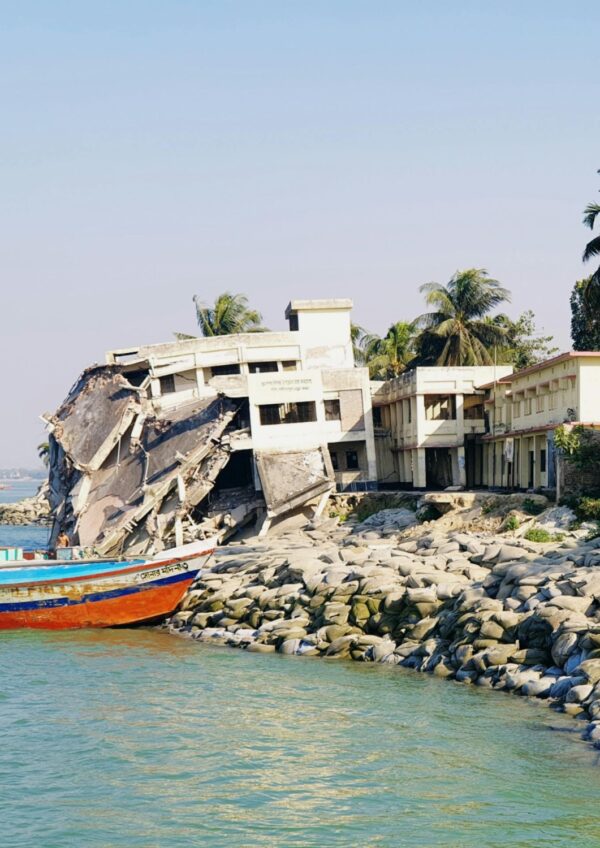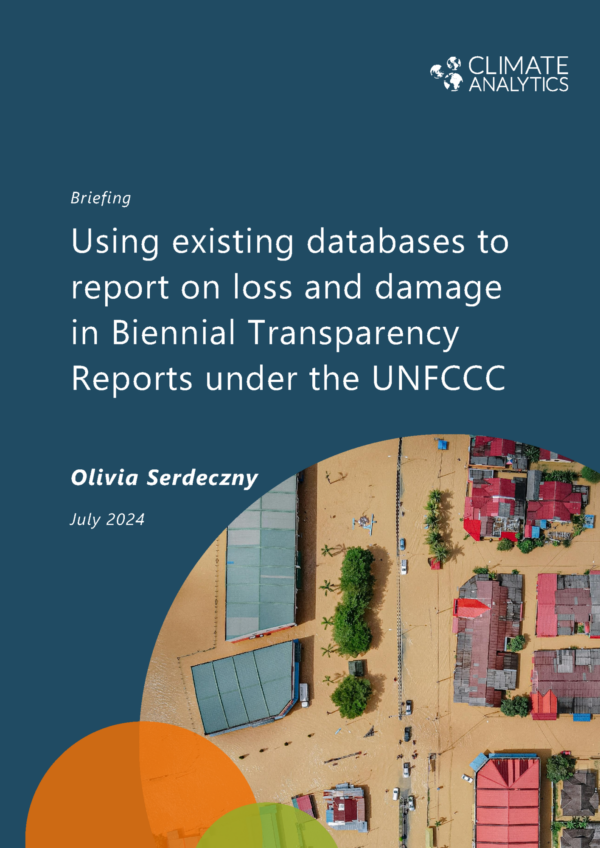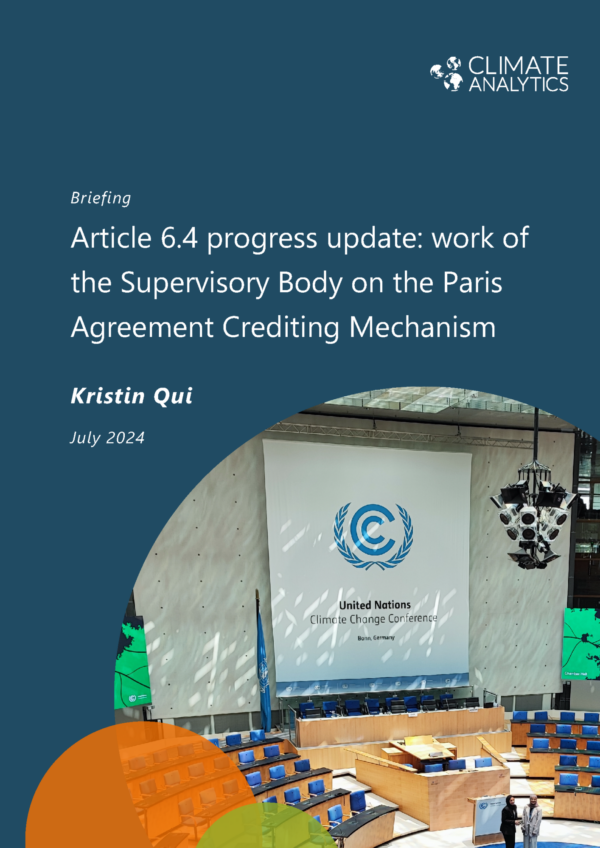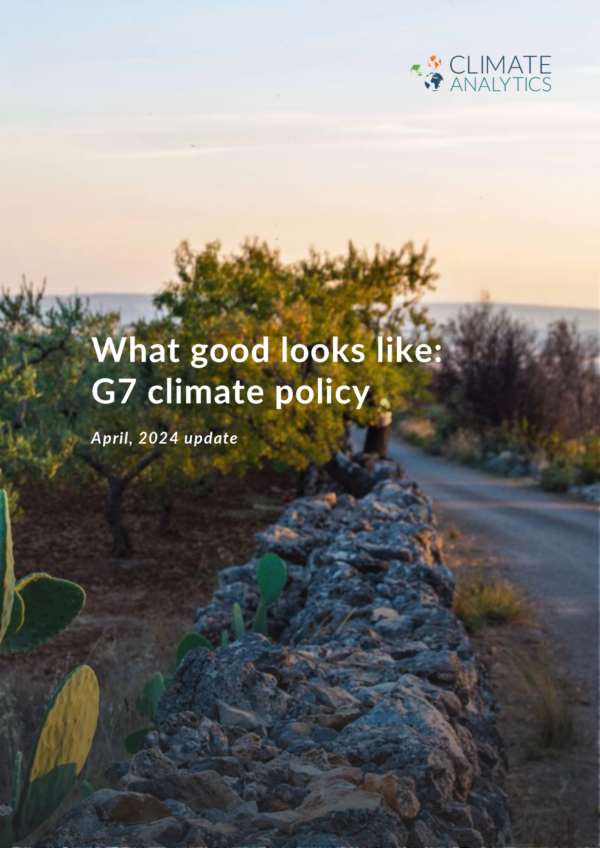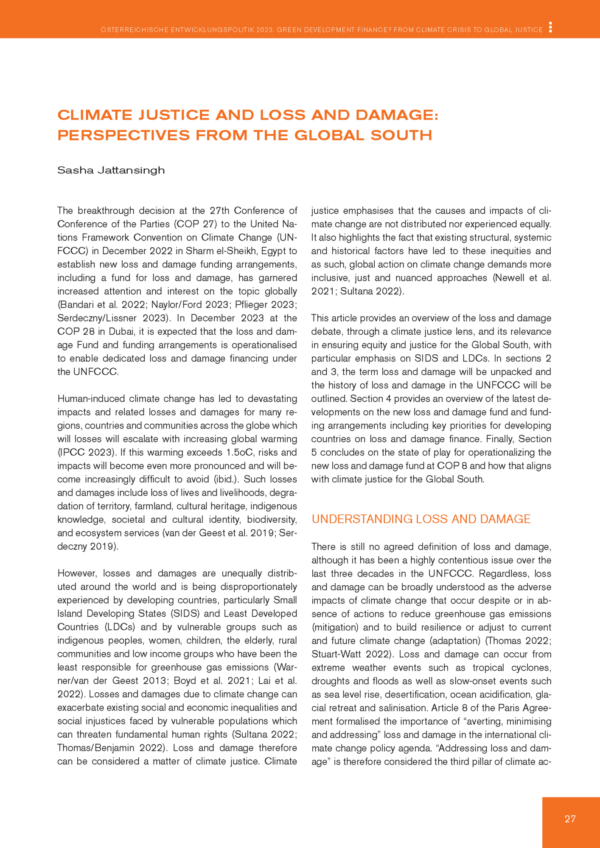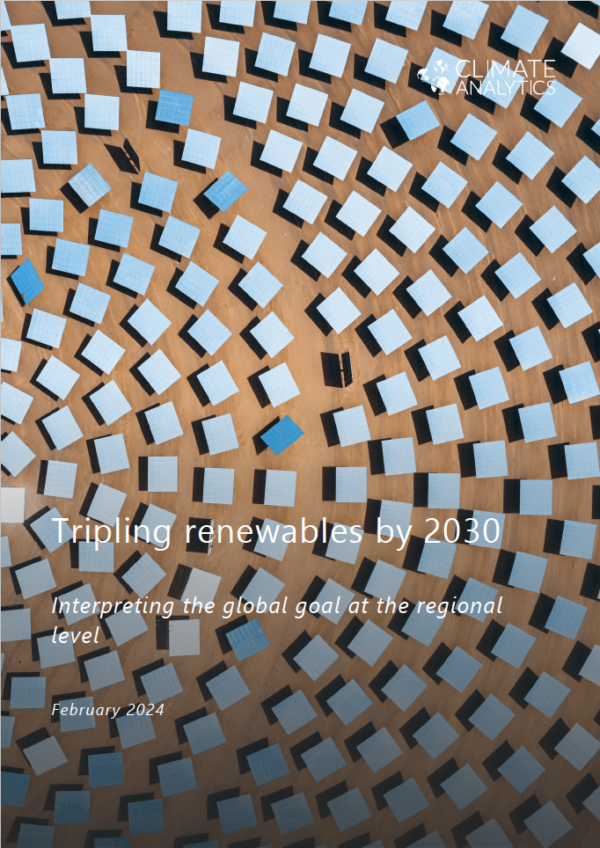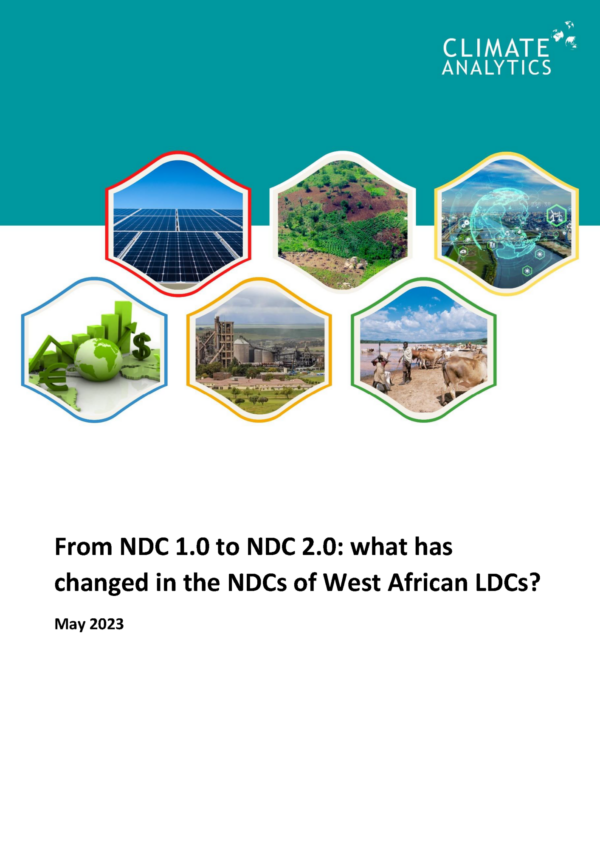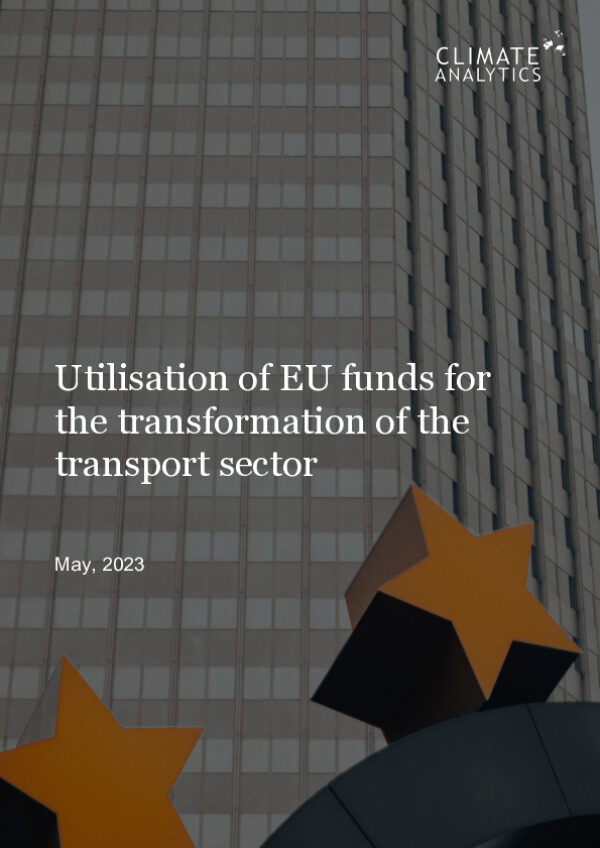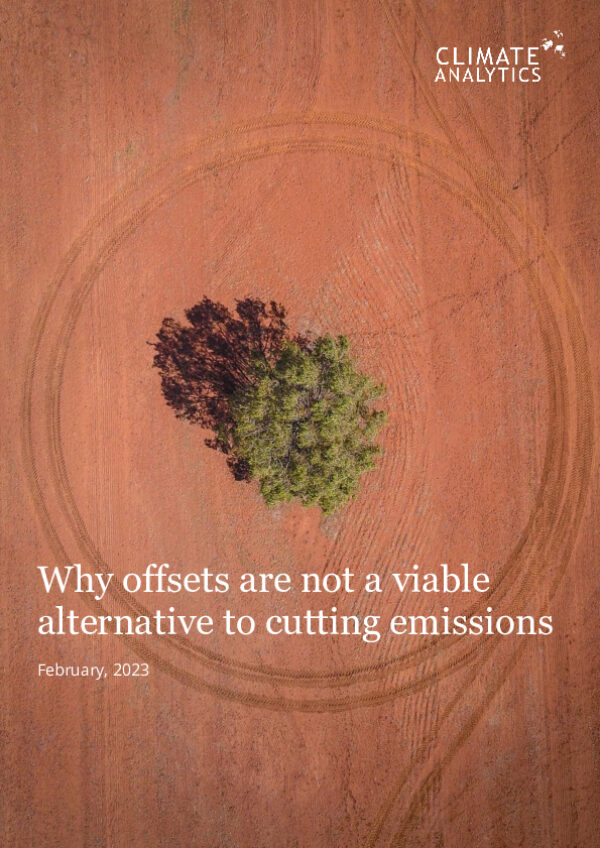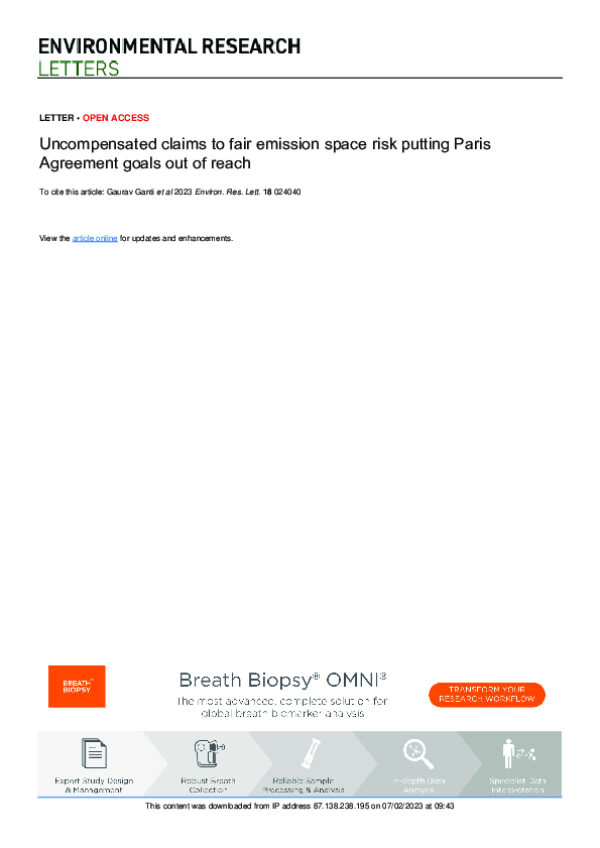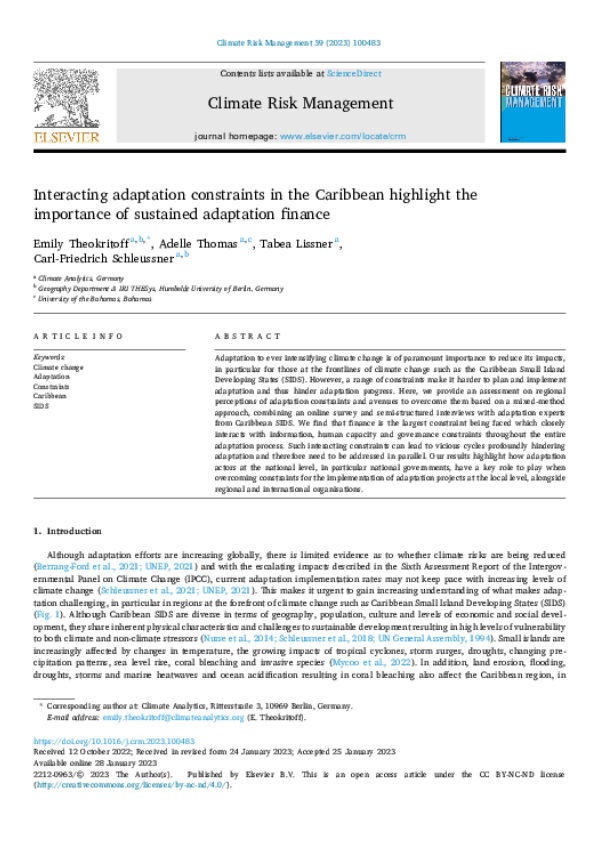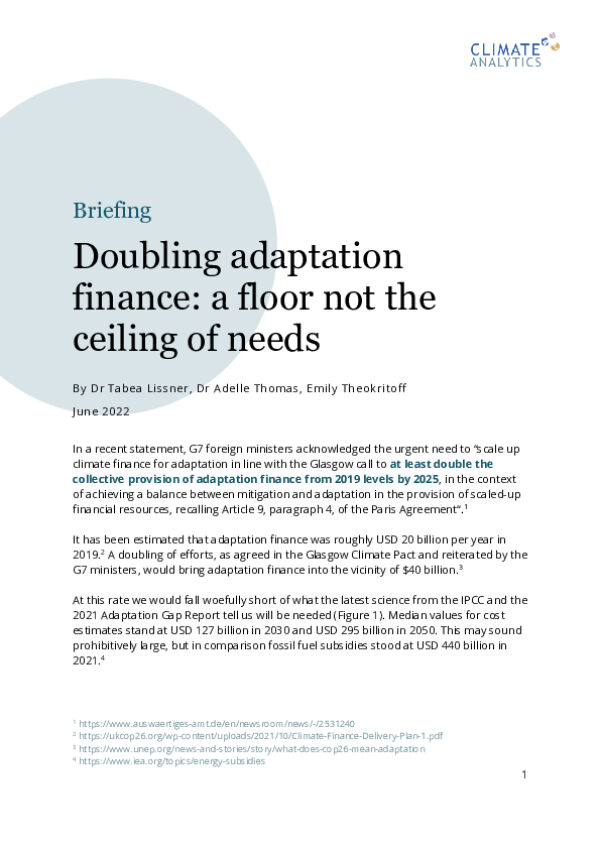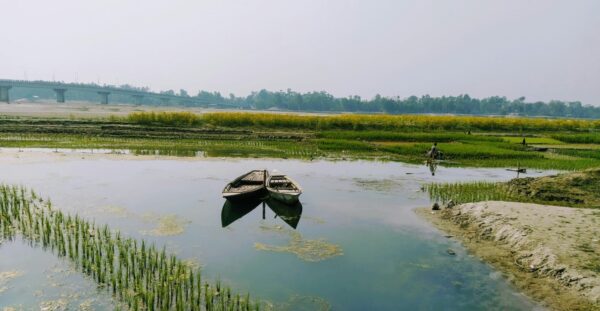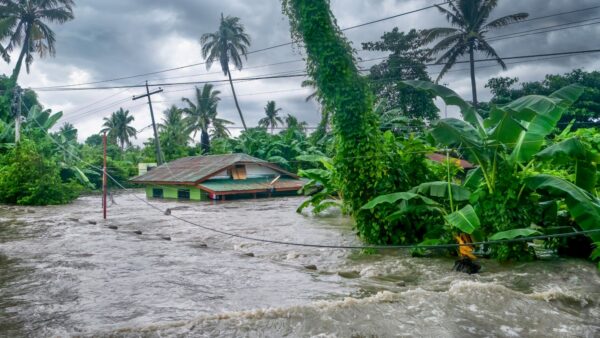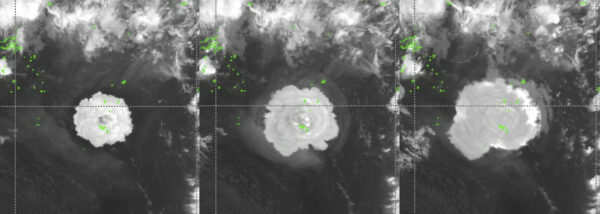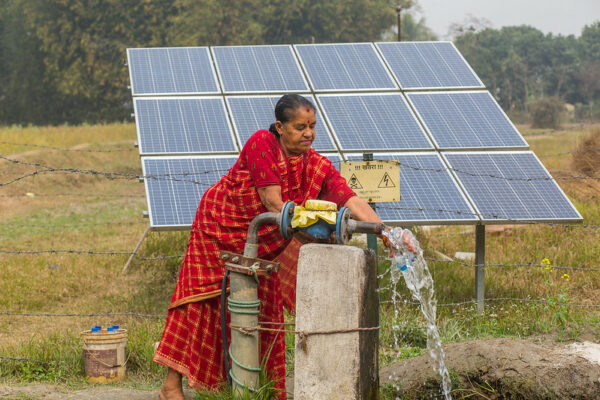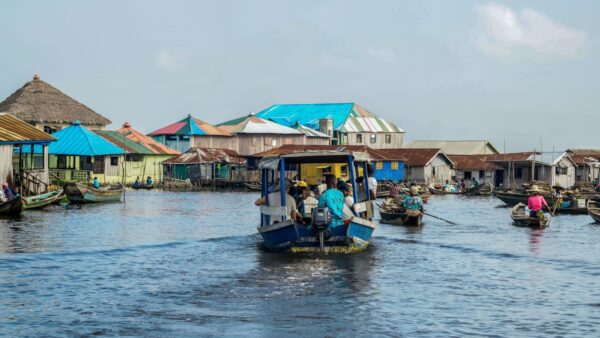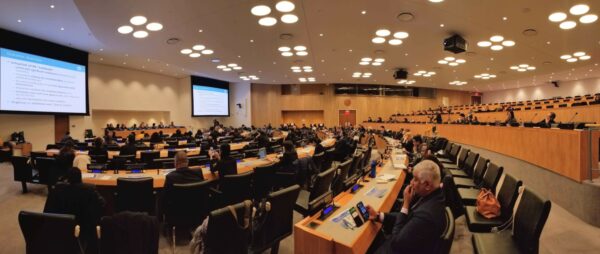Climate finance
Share
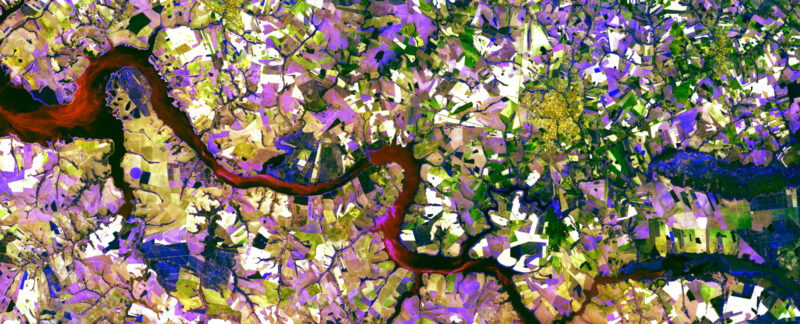
Our team supports developing countries to access climate finance and deliver on their climate mitigation and adaptation objectives. We engage with governments to design transformational project concept notes and proposals for multilateral institutions such as the Green Climate Fund. We also provide thought leadership on climate finance, including on the quality, accessibility, balance and size of funds.
Our experts

Paolo Cozzi
Deputy Director, Climate Analytics North America

Frances Fuller
Head of Programme Strategies

Dr Benjamin Komna Djabare
Director, Climate Analytics Africa Office

Johannes Honneth
Climate Finance Analyst
Projects
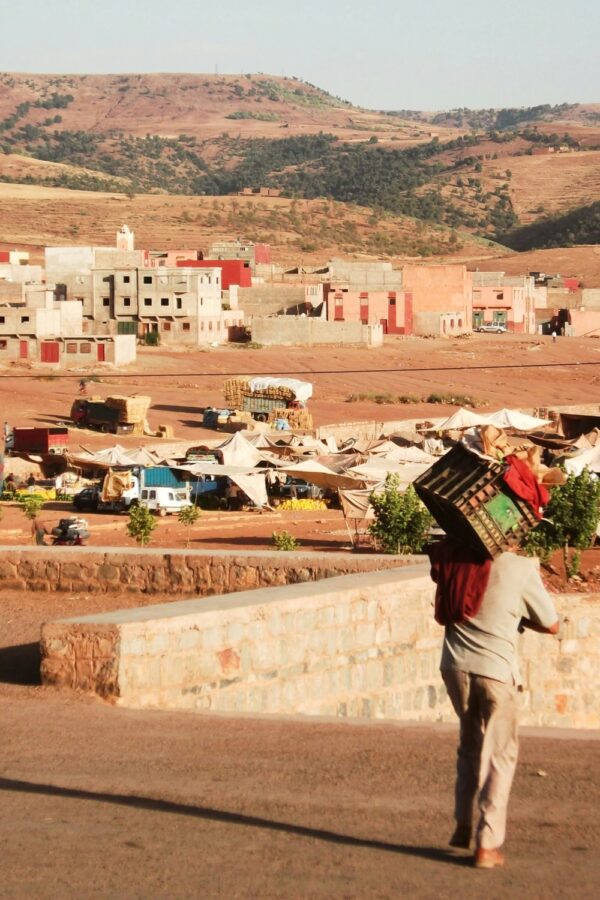
Mobilising adaptation finance: building capacity in Francophone North and sub-Saharan Africa
This programme aims to equip French-speaking African countries with the skills required to mobilise the finance they need to implement their climate change adaptation priorities.
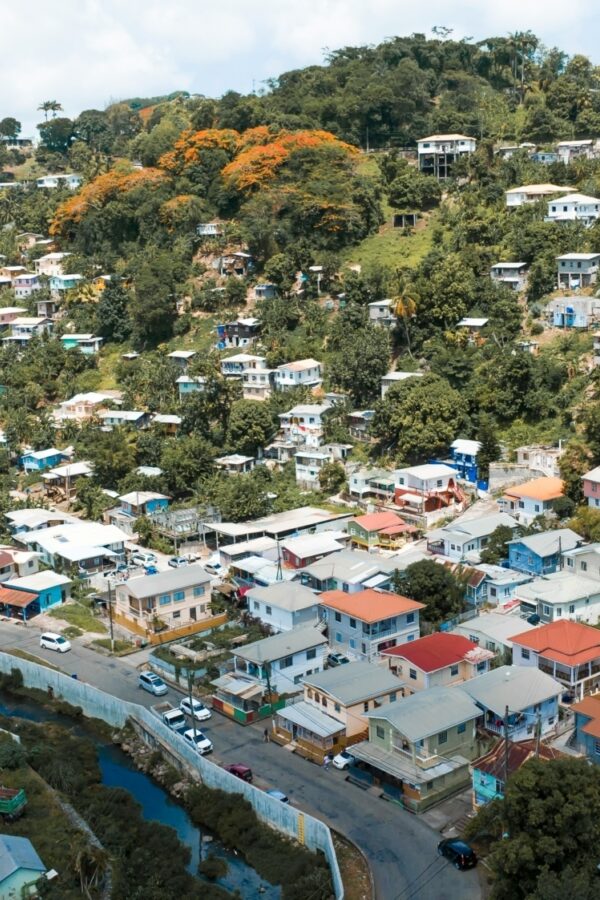
GCF readiness and preparatory programme projects
Since 2013 we have been working in vulnerable countries to enhance the capacity of those organisations with the designated authority to coordinate with the Green Climate Fund and access climate finance.

Climate change risk analysis to support the Network for Greening the Financial System
The Network of Central Banks and Supervisors for Greening the Financial System (NGFS) is a voluntary group of banks and supervisors that aim to share best practices on climate risk management in the financial sector and to mobilise mainstream finance to promote the transition to a sustainable economy. Climate Analytics contributes to this work by providing estimates of risk from climate change impacts using future climate projections and makes them publicly available through the Climate Impact Explorer online tool.
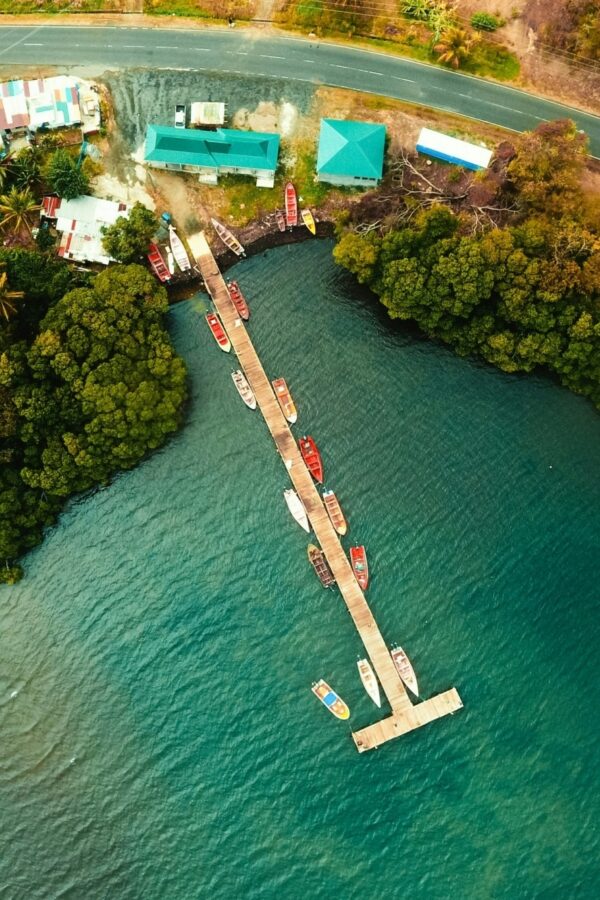
Supporting the implementation of NDCs in the Caribbean
Supporting the implementation of NDCs in the Caribbean: transforming transport and energy sectors towards a low-carbon and climate-resilient future (NDC-TEC) is a programme funded by the German Federal Ministry for the Environment, Nature Conservation and Nuclear Safety’s (BMU) climate initiative, to support countries in the Caribbean to enhance the ambition of their climate targets, implement transformative actions within the energy and transport sectors, and to facilitate strategic access to climate financing. So far, tailored support has been offered to Antigua and Barbuda, Belize, Grenada, Guyana, Jamaica, and Saint Lucia.

Technical support for countries preparing country programmes for the Green Climate Fund
Through this project, Technical Advisory Services on the Piloting of Activities for the Preparation of Country Programmes and Related Processes, funded by the Green Climate Fund, we provide technical advisory services to partner countries to enhance the scientific quality of their country programmes for the Green Climate Fund in order to improve access to funding. The services include scientific analysis, development of tools and guidelines as well as institutional capacity building.

A scientific framework for climate bonds
This project aims to establish a scientifically robust and transparent link between the latest climate and economic data and the Climate Bonds Initiative’s projects.

Climate risk, adaptation and insurance in the Caribbean
The Climate Risk Adaptation and Insurance in the Caribbean (CRAIC) project, led by Munich Climate Insurance Initiative, assists Caribbean countries in their efforts to increase social resilience and adapt to climate change by incorporating climate risk insurance within a broader framework of disaster risk reduction strategies.

Assessment of mitigation pathways and cost estimates
The Assessment of climate change Mitigation Pathways and Evaluation of the Robustness of mitigation cost Estimates (AMPERE) project makes multi-model comparisons to better understand climate and cost uncertainties.

Forest governance and NDC implementation in the Congo Basin

La gouvernance forestière et mise en œuvre des CDN dans le bassin du Congo
Tous les pays qui ont ratifié l’Accord de Paris sont obligés à produire des nouveaux plans climatiques, dits « Contributions détérminées au niveau national » (CDN), en 2020. Dans le contexte global de cette révision des CDN, Climate Analytics a conduit des études explorant le lien entre la gouvernance forestière dans les pays du Bassin du Congo et les CDN.
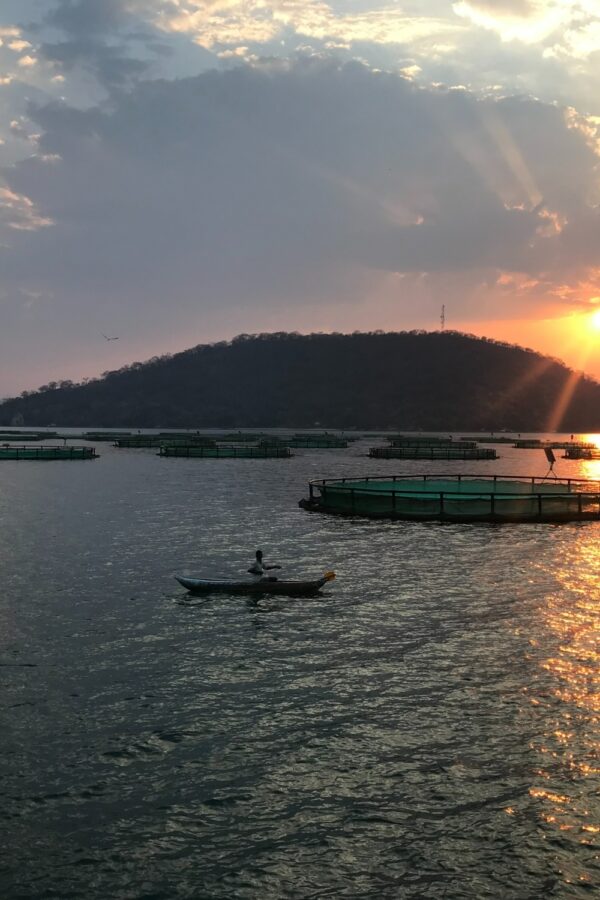
Support for preparing Intended Nationally Determined Contributions
We assisted the Governments of a number of countries in their domestic preparation for the formulation of their intended nationally determined contributions (INDCs), in the context of the 2015 climate agreement.

Turn down the heat report series
From 2012 to 2014 we authored a series of reports for the World Bank looking at the impacts of climate change in a 4°C world with an emphasis on the impacts for the most vulnerable.


